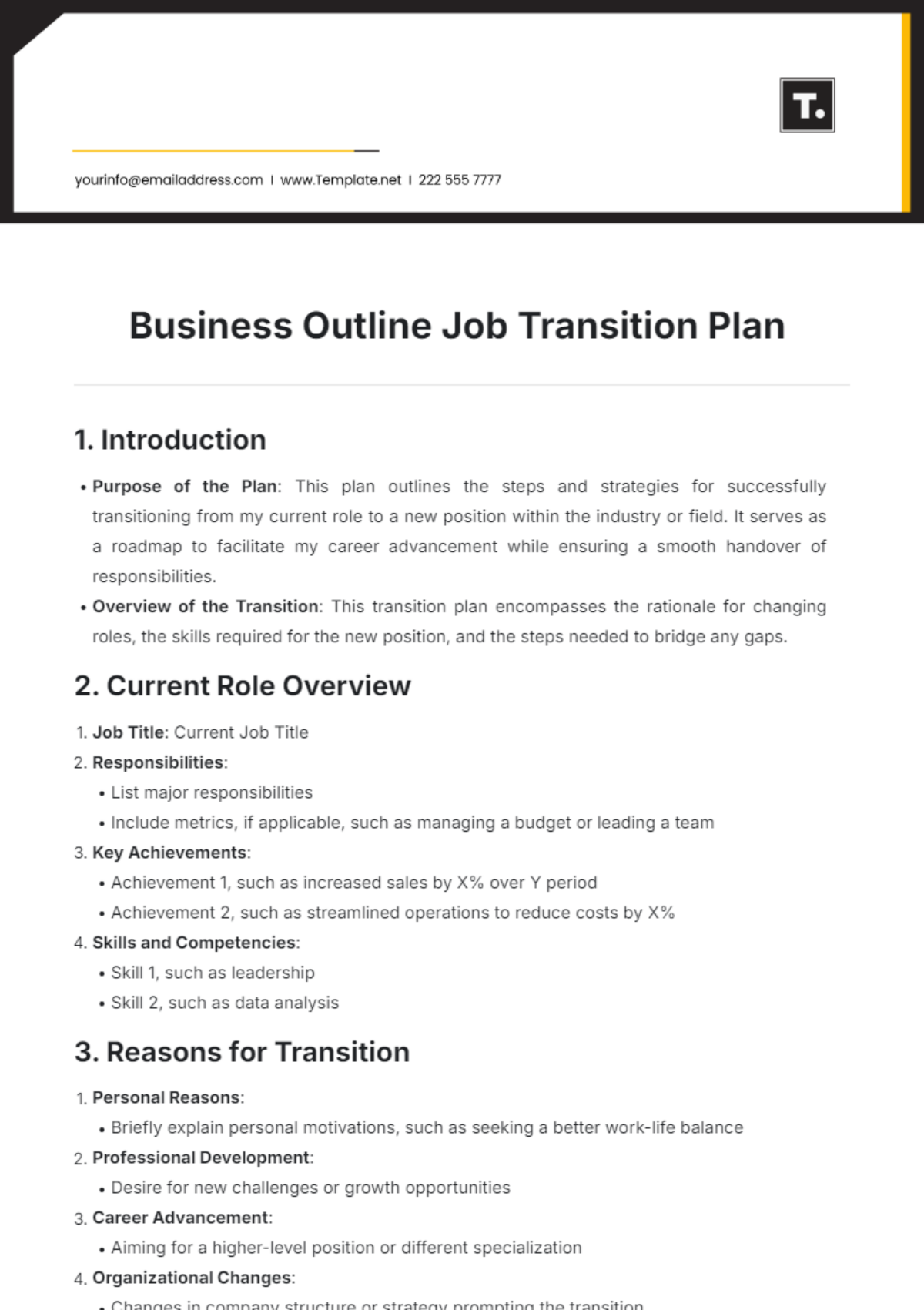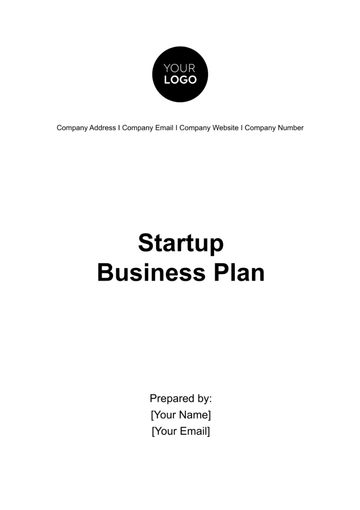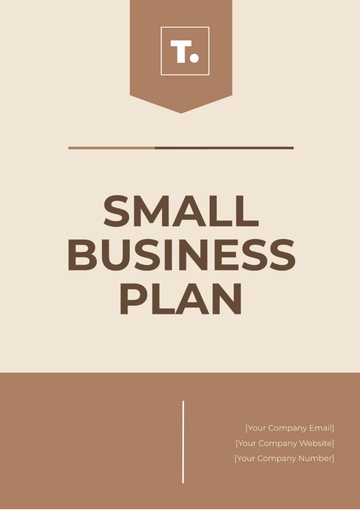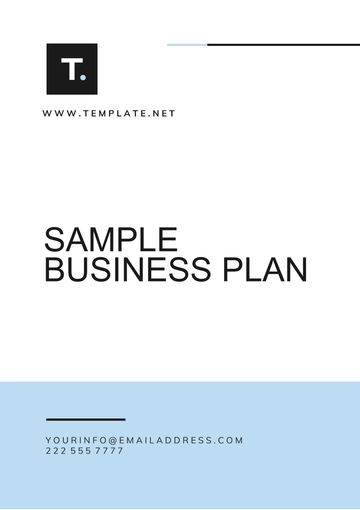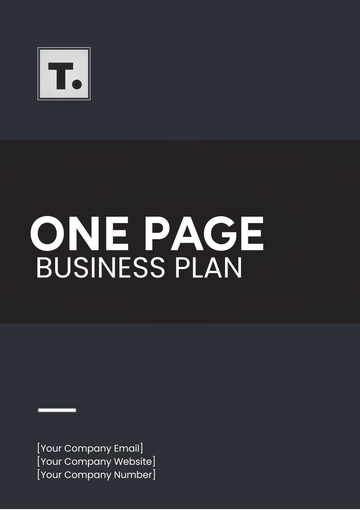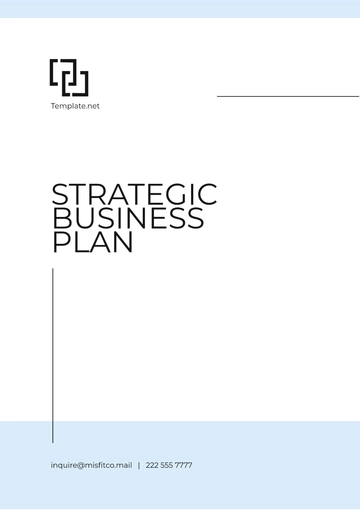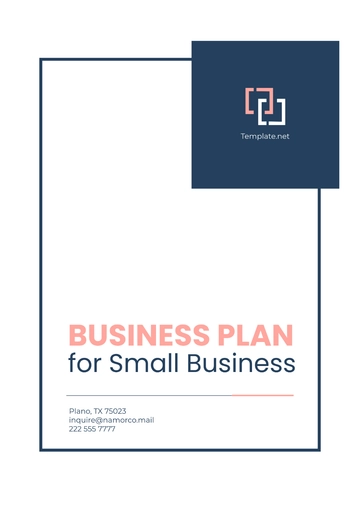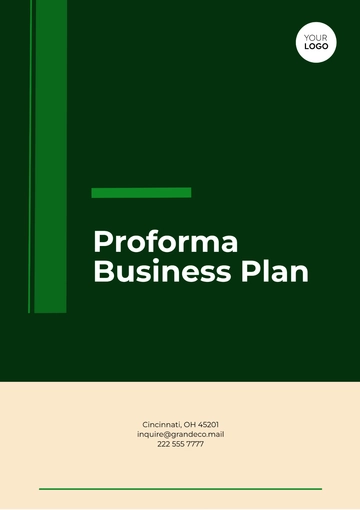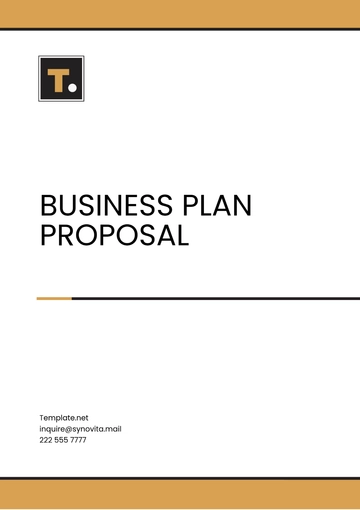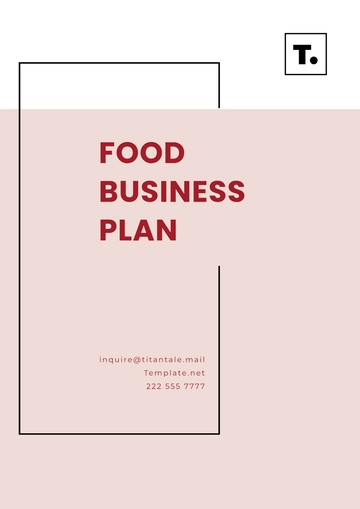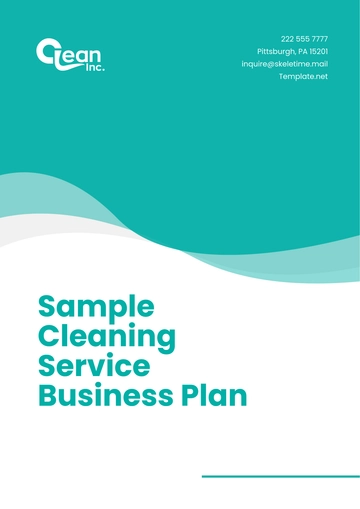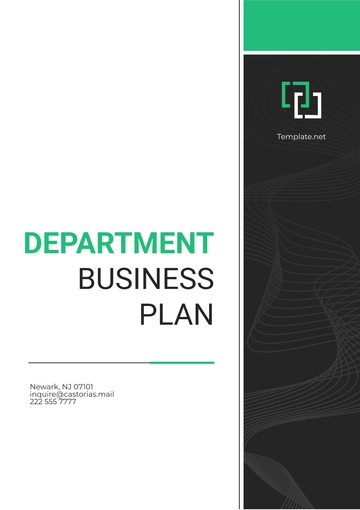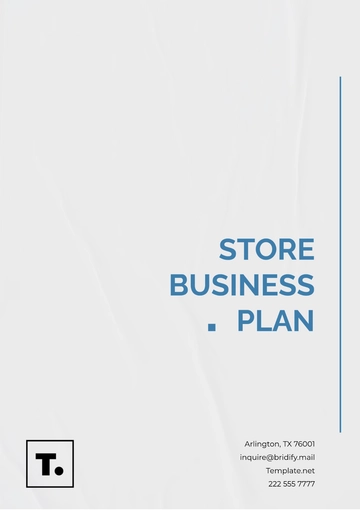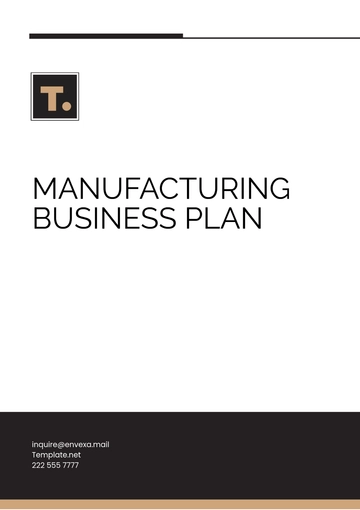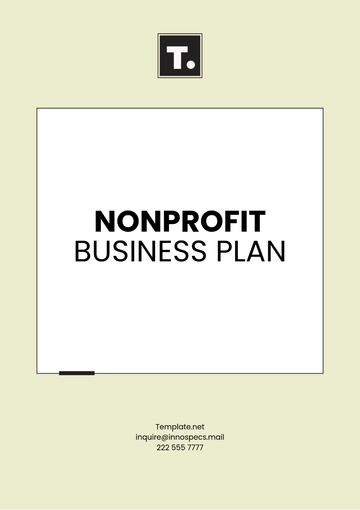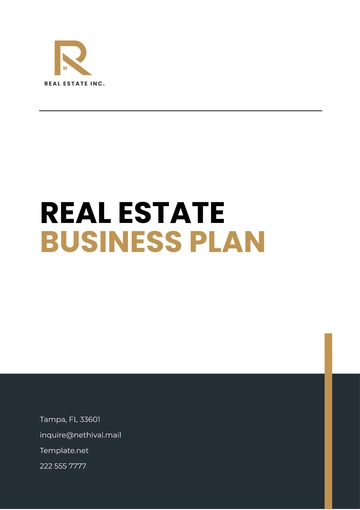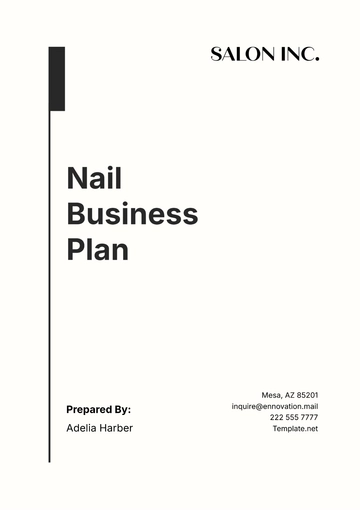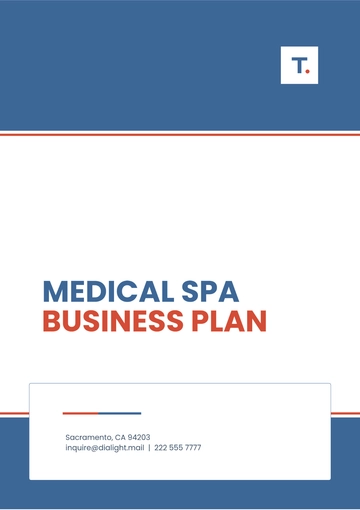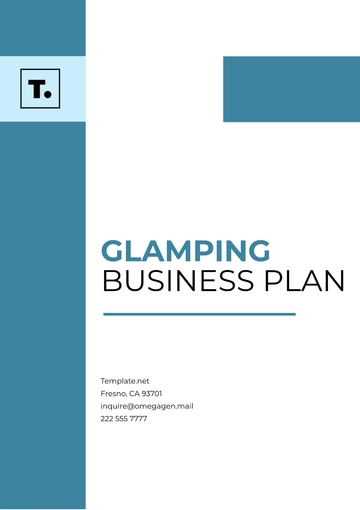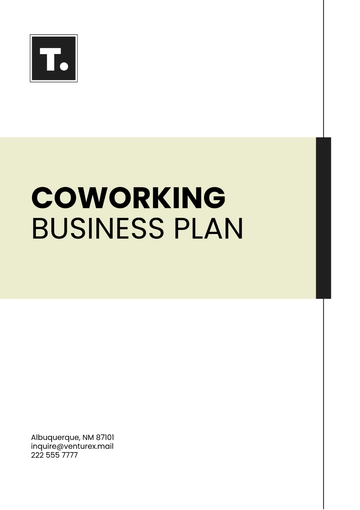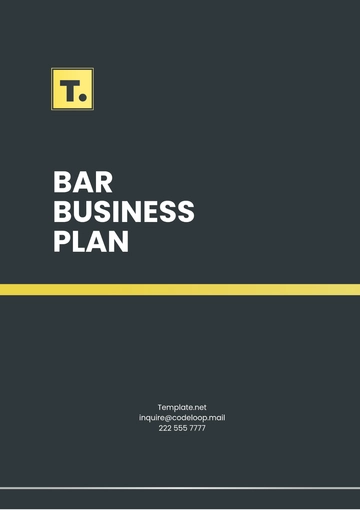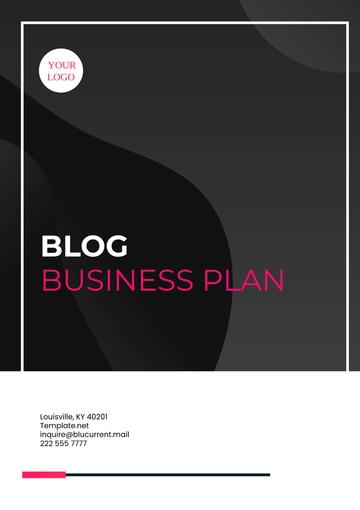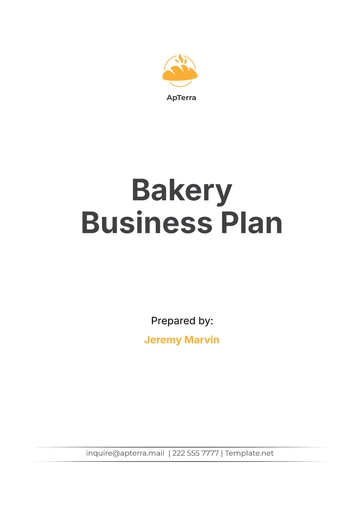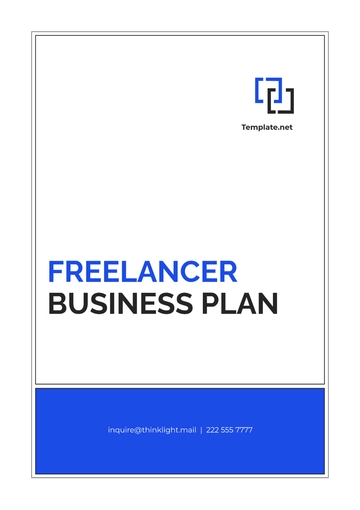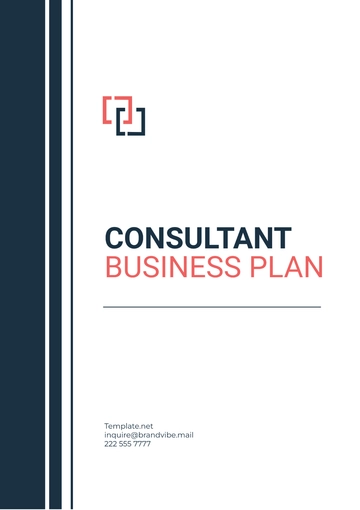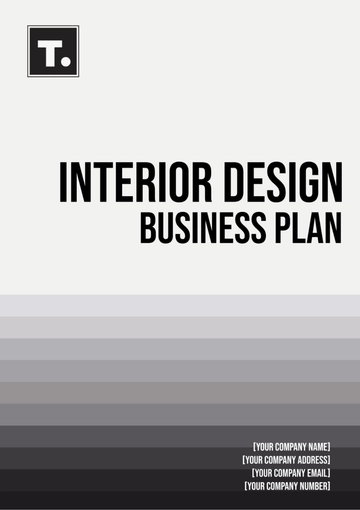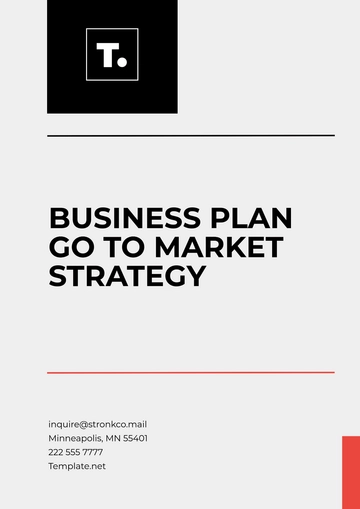Business Outline Job Transition Plan
1. Introduction
Purpose of the Plan: This plan outlines the steps and strategies for successfully transitioning from my current role to a new position within the industry or field. It serves as a roadmap to facilitate my career advancement while ensuring a smooth handover of responsibilities.
Overview of the Transition: This transition plan encompasses the rationale for changing roles, the skills required for the new position, and the steps needed to bridge any gaps.
2. Current Role Overview
Job Title: Current Job Title
Responsibilities:
List major responsibilities
Include metrics, if applicable, such as managing a budget or leading a team
Key Achievements:
Achievement 1, such as increased sales by X% over Y period
Achievement 2, such as streamlined operations to reduce costs by X%
Skills and Competencies:
Skill 1, such as leadership
Skill 2, such as data analysis
3. Reasons for Transition
Personal Reasons:
Professional Development:
Career Advancement:
Organizational Changes:
4. Target Role Overview
Desired Job Title: Target Job Title
Responsibilities of the New Role:
Skills Required:
Industry or Sector of Interest:
5. Gap Analysis
Skills Gap Assessment:
Experience Gap Assessment:
Knowledge Requirements:
6. Action Plan
Short-term Goals (1-3 months):
Networking: Attend specific events or webinars to connect with professionals in the desired field.
Skill Development: Enroll in courses or certifications to build necessary skills.
Researching Potential Roles: Identify and list potential employers and roles of interest.
Medium-term Goals (3-6 months):
Applying for Positions: Tailor resumes and cover letters for targeted job applications.
Interview Preparation: Practice common interview questions and prepare personal success stories.
Seeking Mentorship: Connect with industry professionals for guidance and insights.
Long-term Goals (6+ months):
Career Path Development: Map out a career trajectory and seek roles aligned with long-term aspirations.
Continuous Learning Opportunities: Regularly participate in workshops, seminars, and relevant courses.
Professional Certifications: Obtain certifications that enhance your credentials and marketability.
7. Resources Needed
Training Programs: Identify specific training programs or online courses, such as Coursera or LinkedIn Learning.
Professional Associations: Join associations related to the target industry, such as Association Name.
Networking Events: Plan to attend local or virtual networking events relevant to your field.
Mentorship Opportunities: Seek out mentors within your network or through professional associations.
8. Timeline
Milestones:
Milestone 1: Completion of skill development courses by MM/YYYY
Milestone 2: Application to at least X positions by MM/YYYY
Milestone 3: Attend X networking events by MM/YYYY
9. Risk Management
Potential Challenges:
Mitigation Strategies:
10. Conclusion
Summary of Goals: Reiterate the main objectives of the transition, emphasizing personal growth, career advancement, and professional fulfillment.
Commitment to the Transition Plan: Express dedication to following the plan and adapting as necessary to achieve success.
Plan Templates @ Template.net
